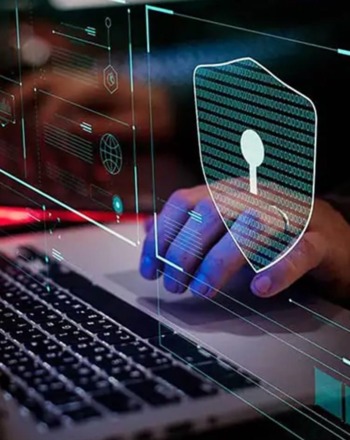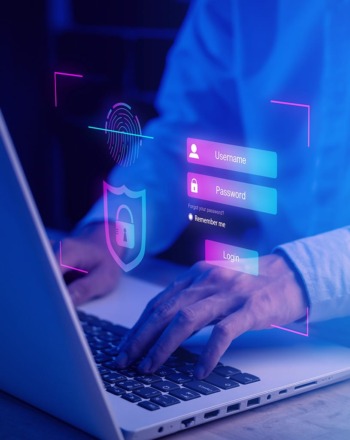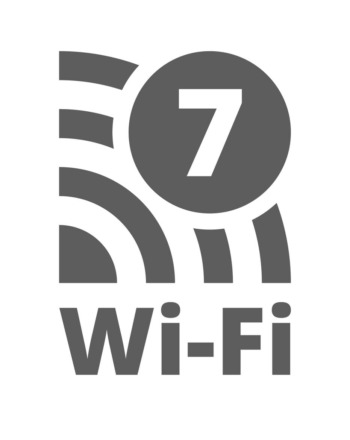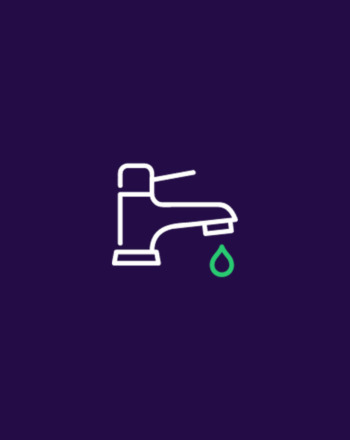To the surprise of very few, the internet has grown exponentially over the last two decades. With a user base of over 5.3 billion people, the internet is accessible to over 65% of the global population, with a massive eight million homes in the UK alone having access to full fibre broadband. This has had a huge impact on the world around us, both positive and negative. With more and more young people growing up perpetually online, it’s more important than ever to ensure they are safe while accessing the internet.
The Digital Landscape and its Impact on Mental Health
Never has so much information been available at the touch of a button. With the introduction of smartphones, people can have global news, opinions, and distressing content in front of their eyes within seconds of waking up. While this level of accessible information can be positive for learning, it can also have a devastating effect on mental health, especially that of younger people.
Social media users account for almost half the global population, and while it can be a fantastic tool for communication, more increasingly young people are finding themselves devastated by constant comparison to other users’ seemingly “perfect” lives crafted on the internet. The rise of adult content and its increased accessibility has also had an increasingly negative impact on younger people’s mental health.
With more and more young people having a warped sense of body image, both girls and boys are being left confused and disillusioned by the unrealistic body standards being portrayed online. Sadly, this leaves many young people to grow up unhappy with who they are, feeling like they can’t live up to the false standard they see online.
How You Can Implement Web Filtering As A Safeguard
By removing access to certain types of websites, keywords, and content, you can craft a safer, kinder, and more inclusive place for young people to thrive without worrying about them accessing inappropriate content or being bullied online, all while allowing them to access the internet as freely as possible to learn and discover.
Using Web Filtering as a Shield
Removing access to the internet would certainly be a negative thing in today’s tech-focused landscape, but by implementing smart and deliberate filters, you can place a metaphorical shield in front of students to reduce the level of harm that may come to them from the worst parts of the internet.
Anonymity caused a major rise in cyberbullying, as many bullies no longer need to worry about repercussions from their actions. By using filters, many of the phrases and actions often used by bullies can be filtered out and eventually blocked, meaning students are safer to browse the web freely.
Identifying Online Triggers through Filtering
A complex and sometimes long-term process, filtering can be used to identify specific phrases, images and behavioural patterns associated with negative or abusive behaviour to catch and reduce cyberbullying as or even before it happens. By studying what types of words and images, as well as the context they’re used in, filters can reduce the kind of behaviour that can cause mental health distress.
Balancing Educational Access with Mental Health Considerations
Allowing children access to the internet obviously has its educational benefits. With sites like Wikipedia, YouTube and other platforms acting as a wealth of positive and educational information that can help young people learn and grow faster than ever before. By using smart filters, schools and colleges can cultivate a space that promotes learning and discovery but reduces the risk of the mental health impact that the internet can have on younger people.
Web Filtering Strategies to Combat Cyberbullying
One of the best strategies to stop or at least reduce cyberbullying is keyword filtering. By blocking certain terms, threats, slurs, and other profanity, this can make online spaces much safer for young people to use without fear of being attacked or bullied. Filters can also be set up and used to report instances of cyberbullying as they happen. If a user or admin recognises instances of bullying, abuse, or inappropriate behaviour, they can report this to the relevant parties to be dealt with accordingly.
This can act as not only a sense of security for young people who are in fear of being attacked online, but also as a warning to those who may take part in bullying, as they know their actions are not without repercussions, and may in fact think twice before they act.


















































































































